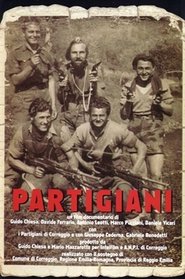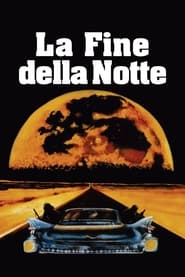detail profile davide ferrario
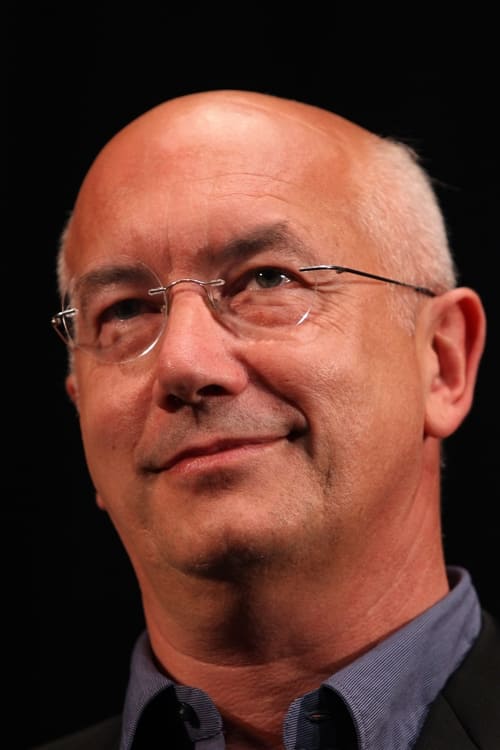
Riwayat Hidup
Davide Ferrario (born 26 June 1956) is an Italian film director, screenwriter and author.
Born in Casalmaggiore, Cremona, Ferrario graduated in Anglo-American literature, then he began to work in film distribution, and he contributed to import in Italy many indie films by John Sayles, Jim Jarmusch, Susan Seidelman, Godfrey Reggio.
He also collaborated as a film critic with the cinema magazine Cineforum, and he wrote a monograph about Rainer Werner Fassbinder.
After collaborating to several screenplays, Ferrario made his directorial debut in 1987 with the short film Non date da mangiare agli animali, and in 1989 he directed his first feature film, the neo-noir The End of the Night.
His 2004 film After Midnight entered the Forum section at the 54th Berlin International Film Festival, in which Ferrario won the Caligari Film Prize and the Don Quixote Award.
Also a novelist, his 1995 debut novel Dissolvenza al nero was later adapted into a film, Fade to Black by Oliver Parker.
Info Pribadi
Peran Yang Di Mainkan Davide Ferrario
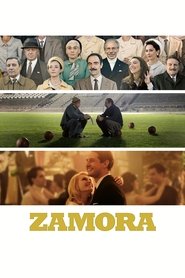 Soccer is an alien world for...
Soccer is an alien world for...Zamora 2024
Soccer is an alien world for Walter Vismara, an unfamiliar terrain he's always avoided. But when his job hangs in the balance, he's thrust into the role of goalkeeper by his soccer-obsessed boss. Forced into a relentless routine of practice sessions and taunts, Walter finds himself trapped in a nightmare. His troubles escalate when he discovers his beloved in the arms of his archenemy, adding a personal dimension to his challenges. Determined to prove his worth, Walter devises a plan: to play the fool outwardly while secretly honing his skills. As he navigates this comedic yet challenging journey on the soccer field, will Walter emerge victorious and finally earn the respect he deserves?
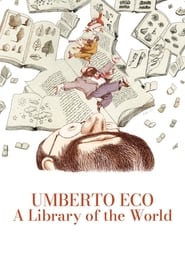 A walk through the immense private...
A walk through the immense private...Umberto Eco: A Library of the World 2023
A walk through the immense private library of Italian writer and thinker Umberto Eco (1932-2016).
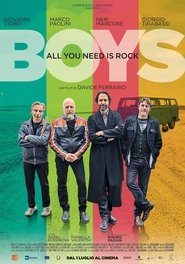 Joe Carlo Bobo and Giacomo have...
Joe Carlo Bobo and Giacomo have...Boys 2021
Joe, Carlo, Bobo and Giacomo have always been friends, each with their own life and problems, but united by an authentic bond and the passion that brought them together: music. The Boys, the band's name, had had lightning-fast success in the 1970s. In their routine - between love and personal affairs - a possibility bursts that takes them on a new journey: they will have to deal with the dreams and ambitions of the past and the world of today, but even more they will discover the meaning of their friendship. .
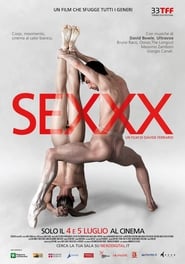 One evening without any particular expectations...
One evening without any particular expectations...Sexxx 2015
"One evening, without any particular expectations, I went to the Lavanderia a Vapore theatre in Collegno, headquarters of the Balletto Teatro di Torino, directed by Loredana Furno, and I saw Sexxx, the ballet by Matteo Levaggi. I’m not a fan of modern dance, but I think this is why my fascination that evening was sincere and convinced. Above all, I was struck by the way the choreographer was able to take the explicit gestures and movements of sexual communication and transform them into the language of dance. And since body language is one of the topics I have been interested in filming since that ‘scandalous’ Guardami, I was already sufficiently motivated to transform the ballet into a movie." - Davide Ferrario
 Made for the Venice Film Festivals 70...
Made for the Venice Film Festivals 70...Venice 70: Future Reloaded 2013
Made for the Venice Film Festival's 70th anniversary, seventy filmmakers made a short film between 60 and 90 seconds long on their interpretation of the future of cinema.
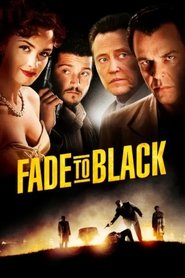 Still reeling from the painful breakup...
Still reeling from the painful breakup...Fade to Black 2006
Still reeling from the painful breakup of his marriage to screen siren Rita Hayworth, filmmaker Orson Welles makes his way to Rome, where he gets pulled into a tangled political plot involving murder and mysterious motives. A beautiful actress proves a tempting distraction. But if they want to stay alive, Welles and his young Italian driver need to stay focused.
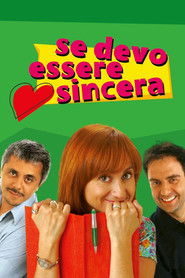 Adelaide is a 40yearold literature teacher...
Adelaide is a 40yearold literature teacher...Se devo essere sincera 2004
Adelaide is a 40-year-old literature teacher married with children. One day, she learns about the murder of a wealthy and arrogant co-worker of hers, strangled in her own home. Adelaide meets Gaetano, the charming inspector dealing with the case and decides to help him in the investigation, much to her husband's chagrin.
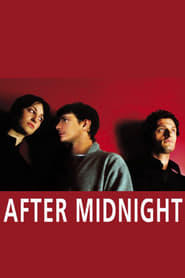 A beautiful fugitive draws a shy...
A beautiful fugitive draws a shy...After Midnight 2004
A beautiful fugitive draws a shy film buff out of his shell while she hides in the museum — the cavernous interiors of the Mole Antonelliana in Turin, Italy — where he works as night watchman.
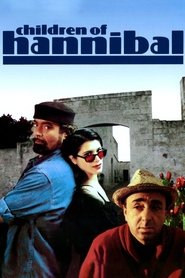 Unemployed Domenico robs a bank but...
Unemployed Domenico robs a bank but...Children of Hannibal 1998
Unemployed Domenico robs a bank, but is forced to take a hostage when things go wrong. The hostage, Tommaso, is a man who hates his wife and job, and who was already planning to run away with his gay cop lover anyway, so this seems to him like a good opportunity to disappear and start over again: the kidnapped becomes the kidnapper, and things get even more complicated when the two are joined by Rita, Tommaso's beautiful daughter.
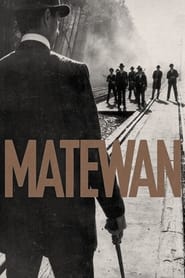 Filmed in the coal country of...
Filmed in the coal country of...Matewan 1987
Filmed in the coal country of West Virginia, "Matewan" celebrates labor organizing in the context of a 1920s work stoppage. Union organizer, Joe Kenehan, a scab named "Few Clothes" Johnson and a sympathetic mayor and police chief heroically fight the power represented by a coal company and Matewan's vested interests so that justice and workers' rights need not take a back seat to squalid working conditions, exploitation and the bottom line.

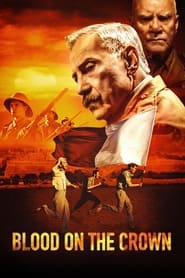 How the citizens of Malta fought...
How the citizens of Malta fought...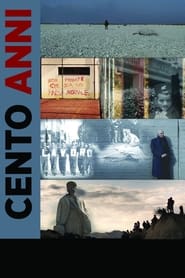
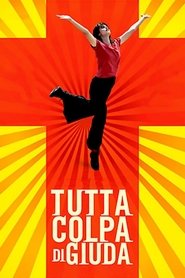 A prisonset musical about a female...
A prisonset musical about a female...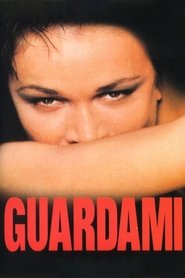 An independent porn actress diagnosed with...
An independent porn actress diagnosed with...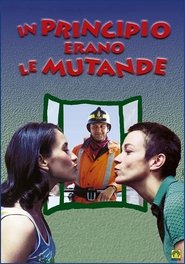 Imma falls in love with a...
Imma falls in love with a...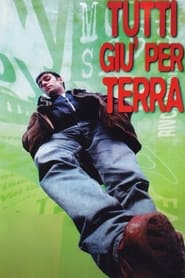 Having just moved back in with...
Having just moved back in with...